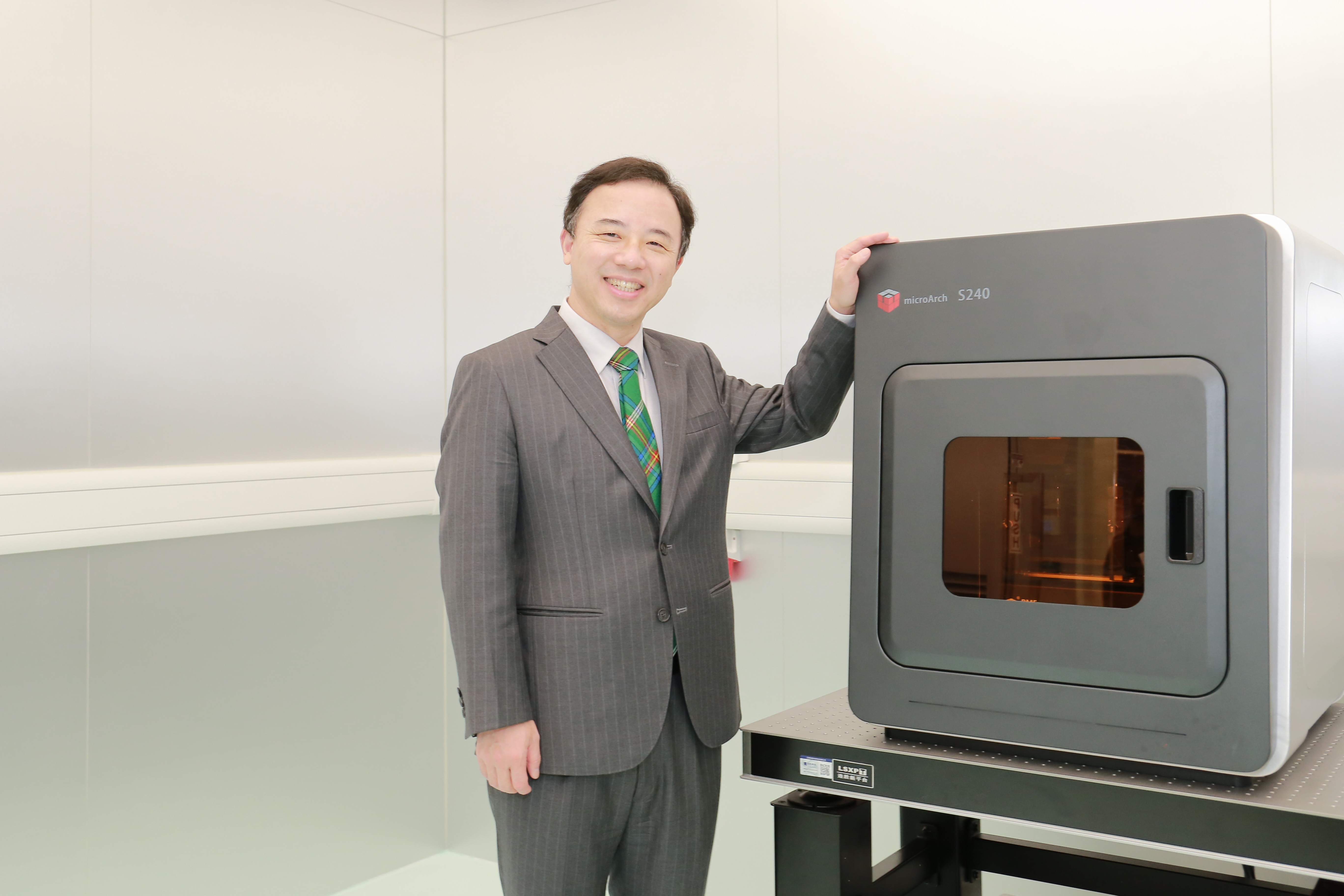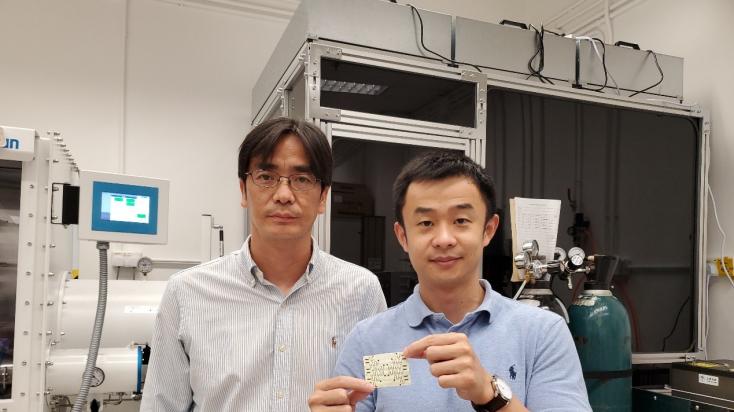
Professor Xiang Zhang, President and Vice-Chancellor of the University of Hong Kong (HKU), is the winner of the 2021 SPIE Mozi Award in recognition of his seminal, fundamental contributions in optical physics and experimental research in the optical perfect lens, as announced by the International Society for Optics and Photonics (SPIE).
Established in 2017, the SPIE Mozi Award recognizes outstanding discoveries, inventions or scientific and technical achievements in the field of optics. It is named in honour of the Chinese philosopher, scientist and engineer, Mozi (468-391 BC), the first person in recorded history to mention the simple principles behind the concept of camera obscura.
Former recipients of the SPIE Mozi Award include Professor Yuri Kivshar (2020), Head of Nonlinear Physics Centre of the Australian National University (ANU); Sir John Brian Pendry (2019), Professor of theoretical solid state physics at Imperial College London; and Professor Din Ping Tsai (2018), Distinguished Professor at the National Taiwan University.
“I am deeply honoured to receive this award, which is recognition not only for myself but also for the team of collaborators and students whom I have worked with over the years. It is an encouragement which will keep us moving forward to achieve new milestones in research excellence.”, said Professor Zhang.
For more details about Professor Zhang's 2021 SPIE Mozi Award, please visit: https://spie.org/news/xiang-zhang-2021-spie-mozi-award.
About SPIE
Based in Bellingham, Washington, the SPIE is the international society for optics and photonics, an educational not-for-profit organization founded in 1955 to advance light-based science, engineering, and technology. With its international office The Society serves more than 258,000 constituents from 184 countries, offering conferences and their published proceedings, continuing education, books, journals, and the SPIE Digital Library. (website: www.spie.org)
Source: https://www.hku.hk/press/press-releases/detail/22312.html





